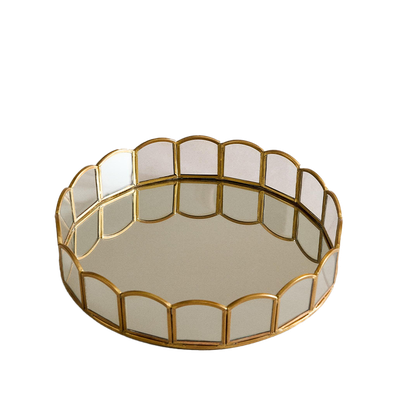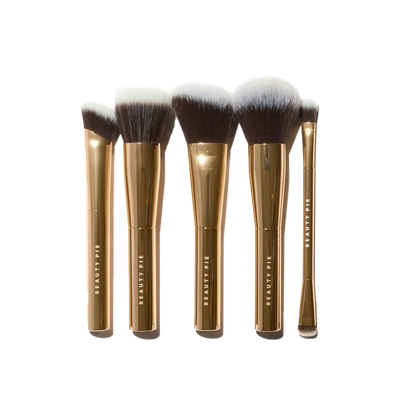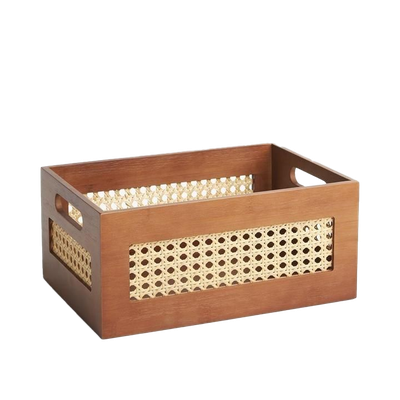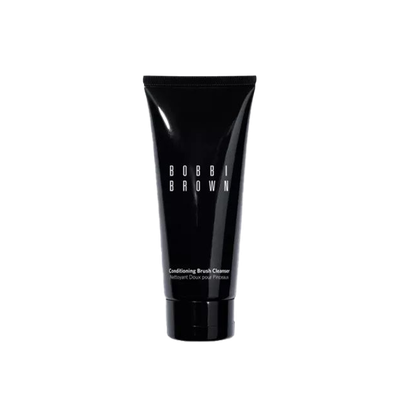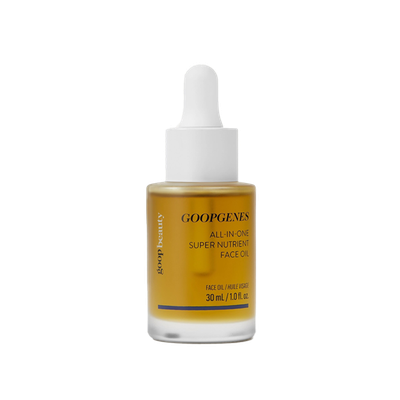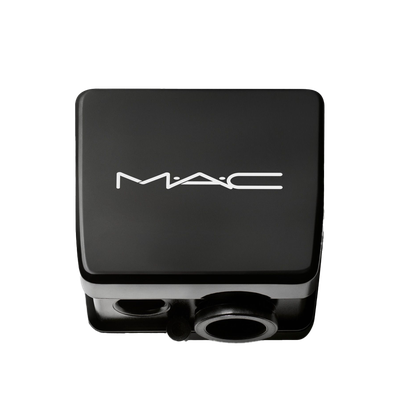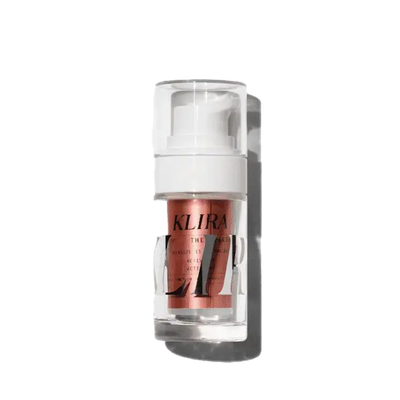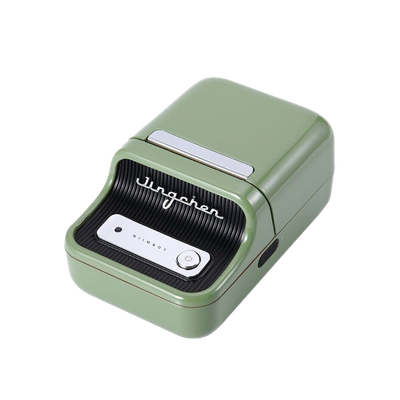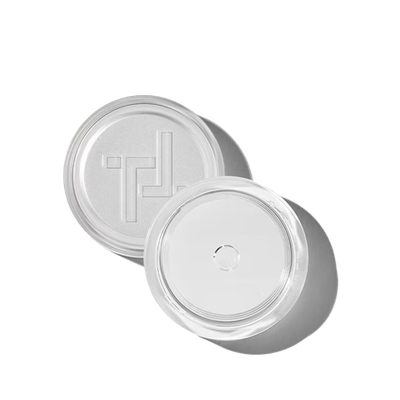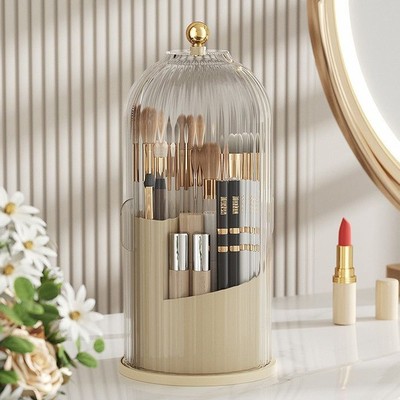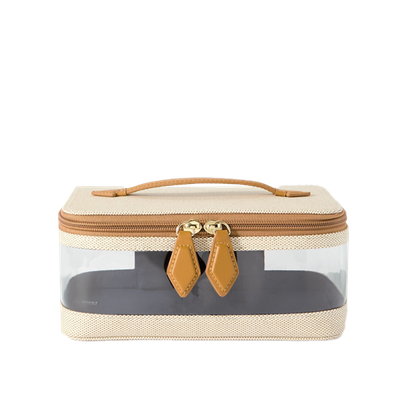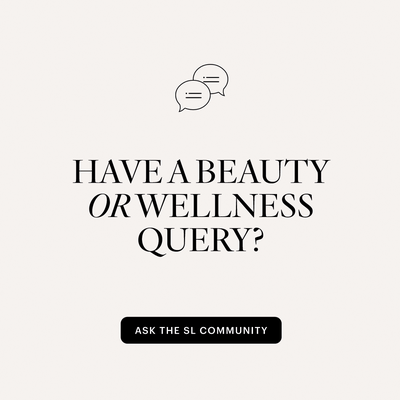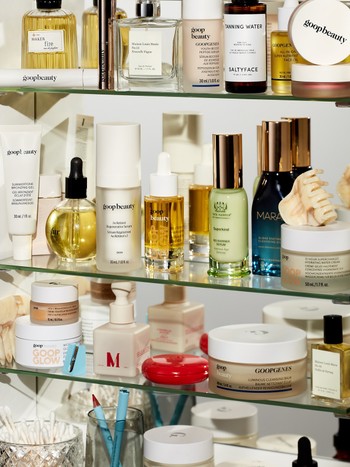
How To Declutter Your Beauty Stash
First, See What You Actually Use
“One of the biggest mistakes is keeping make-up you’ve used once or twice, but never actually reach for. Bin it! We all do it, but you want to get out of that ‘just in case’ mentality. I like to start by laying everything out then picking what I can’t live without, i.e. everything I use on a weekly basis.” – Annabella Brayne, make-up artist
“Here are a few key questions to ask yourself: is this still in good condition? Do I use it regularly? Does it match my current routine or style? This helps you evaluate what you have and start making decisions about what to keep or get rid of. Then you can focus on what truly brings value and joy to your beauty routine.” – Jennifer Oliver, make-up artist
Use Clear Storage
“If you’re someone who easily forgets what you have when something is out of sight, it’s best to use clear storage containers – I rate those by mDesign. This way, you won’t buy extra products unnecessarily that you already had on hand.” – Caroline Solomon, organisational expert
Limit Your Make-Up Bag To The Essentials
“Think about your everyday routine and go from there. You can always keep less frequently used products tucked away in a drawer, but reserve your make-up bag for what you reach for all the time. This minimises clutter and speeds up your getting-ready routine.” – Caroline
Prolong The Life Of Your Tools
“If you look after your brushes, they’ll last a long time – I’ve had some of mine for over 15 years. The key is keeping them clean, washing them once a week using a mild washing-up liquid or brush cleanser. The bristles harbour bacteria, so this is really important both for flawless application and optimal skin health.” – Annabella
“Invest in a quality brush cleanser, like IsoClean. It gets rid of make-up residue, oils and bacteria in just 60 seconds. Another tool I’m never without is a pencil sharpener. Regular sharpening removes the exposed tip, ensuring fresh, precise application, and extends the lifespan of your pencils. I’ve used M·A·C’s Universal Pencil Sharpener for years.” – Jennifer
Carve Out Space For Multi-Use Products
“You want your daily make-up routine to be quick, easy and not overwhelming. The aim is to look put-together in minutes with minimal effort – so I’d say less is more. I love multipurpose products as they streamline your collection and can help your make-up look more cohesive.” – Annabella
Decant For Convenience
“Formulas housed in larger bottles, such as foundations and creams, can be decanted into smaller containers for travel. This saves space and ensures you only bring what you actually need. I especially love the Trinny London T-Pots – they’re perfect for decanting make-up either for holidays or for your office make-up bag.” – Jennifer
Set A Declutter Date & Stick To It
“Reassess your beauty stash at regular intervals – about every six months is a good guide. Mix it up with the seasons, looking at textures and colours to ensure your make-up is working for you, the time of year and your wardrobe.” – Annabella
Know When It’s Time To Say Goodbye
Many beauty products carry a PAO (period-after-opening) symbol. This consists of a number followed by an ‘M’ – which stands for months – and an open jar icon, indicative of how long you should use a product after first opening it before throwing it away. “Generally, creams and liquids expire quicker than powders, but if you notice a texture, colour or smell change, then your product has probably expired,” explains Annabella. “A good tip is to write the date so you can keep an eye on when it expires to avoid irritation or infection.”
Make-Up Product | Shelf Life
- Creams & Liquids (Foundation, blush, bronzer etc.) | Up to a year
- Powders (Foundation, blush, eyeshadow etc.) | Up to one to two years
- Mascara | Three months
- Liquid Liners | Three to six months
- Lipstick | Up to one to two years
- Lip Gloss | Up to a year
Store Your Skincare Wisely
“Skincare fridges are wholly unnecessary. Most products can be kept in a cool, dry place – you just want to avoid them coming into contact with direct sunlight or extreme temperatures. Vitamin C degrades in sunlight, as does vitamin A (retinoids). Cleansers tend to have a longer shelf life but leave-on products like serum, moisturiser and sunscreen tend to be more sensitive to degradation.” – Dr Ellie Rashid, consultant dermatologist & pro medical director at Klira
Spot The Signs Of Expiration
“You can typically tell that a product has gone off because it smells strange, changes colour or separates. Vitamin C goes brown when it oxidises and after this, and it doesn’t usually provide antioxidant protection. Air-tight packaging helps prevent this, but actives do degrade faster and require careful handling to maintain their potency.” – Ellie
Try Fresh Formulas
“Over time, skincare actives degrade and lose their efficacy. If you struggle to keep up with expiry dates, it might be worth looking into a subscription. Prescription-grade skincare services can create personalised, fresh formulas, minimising the risk of using expired actives, and reduces waste by delivering exactly what your skin needs, when it needs it.” – Ellie
Inspiration credit : @GWYNETHPALTROW
SHOP THE PRODUCT EDIT
DISCLAIMER: We endeavour to always credit the correct original source of every image we use. If you think a credit may be incorrect, please contact us at info@sheerluxe.com.
